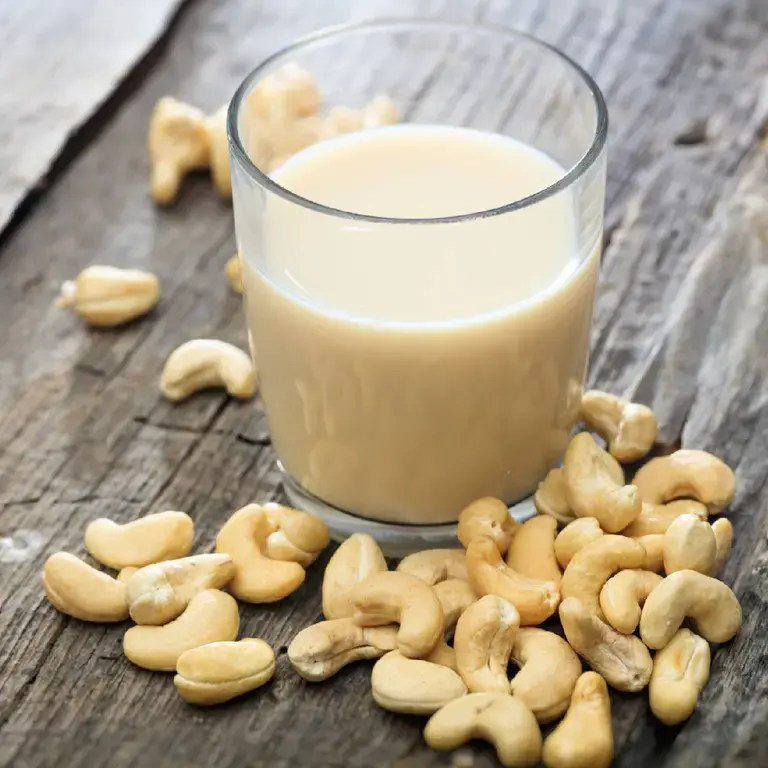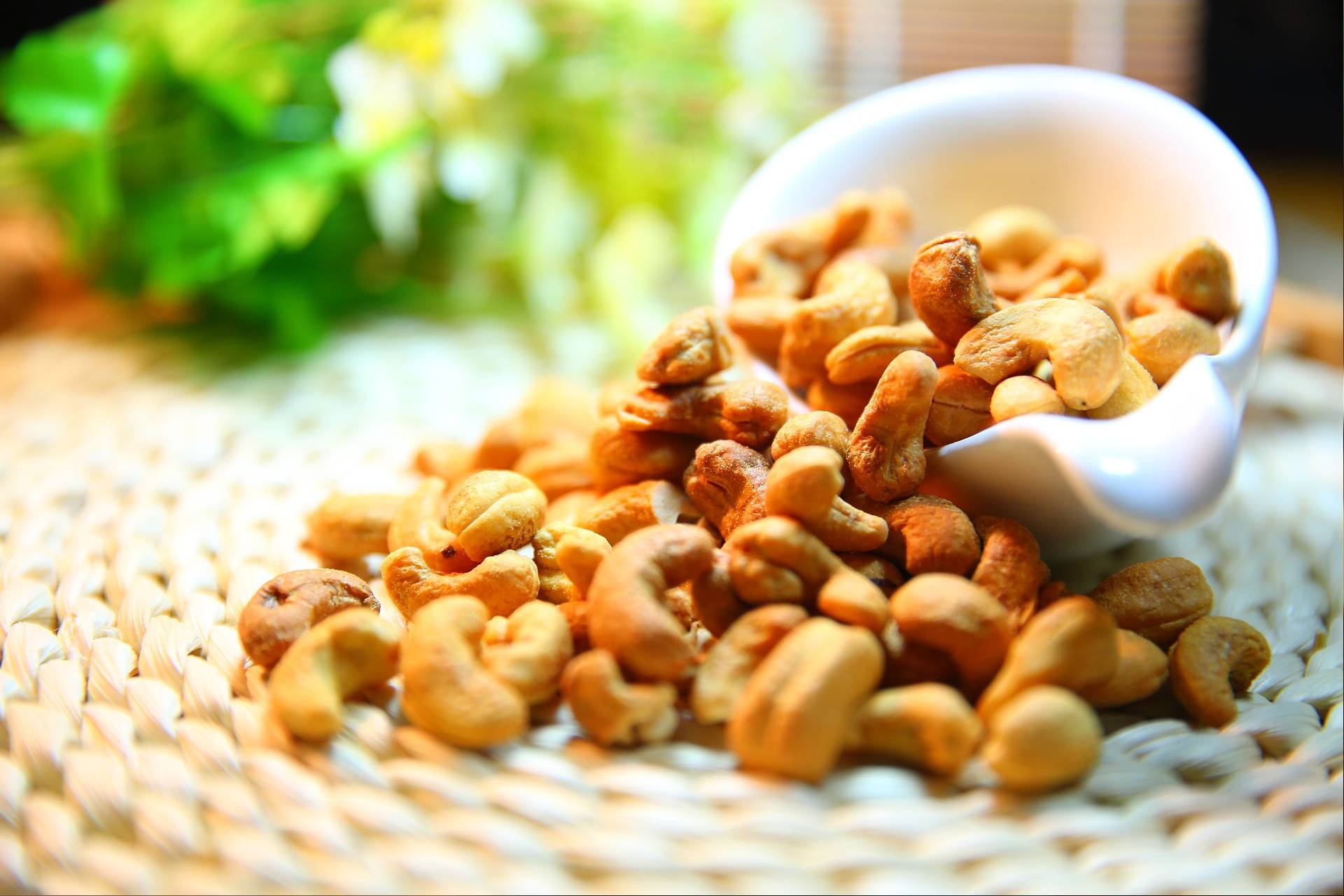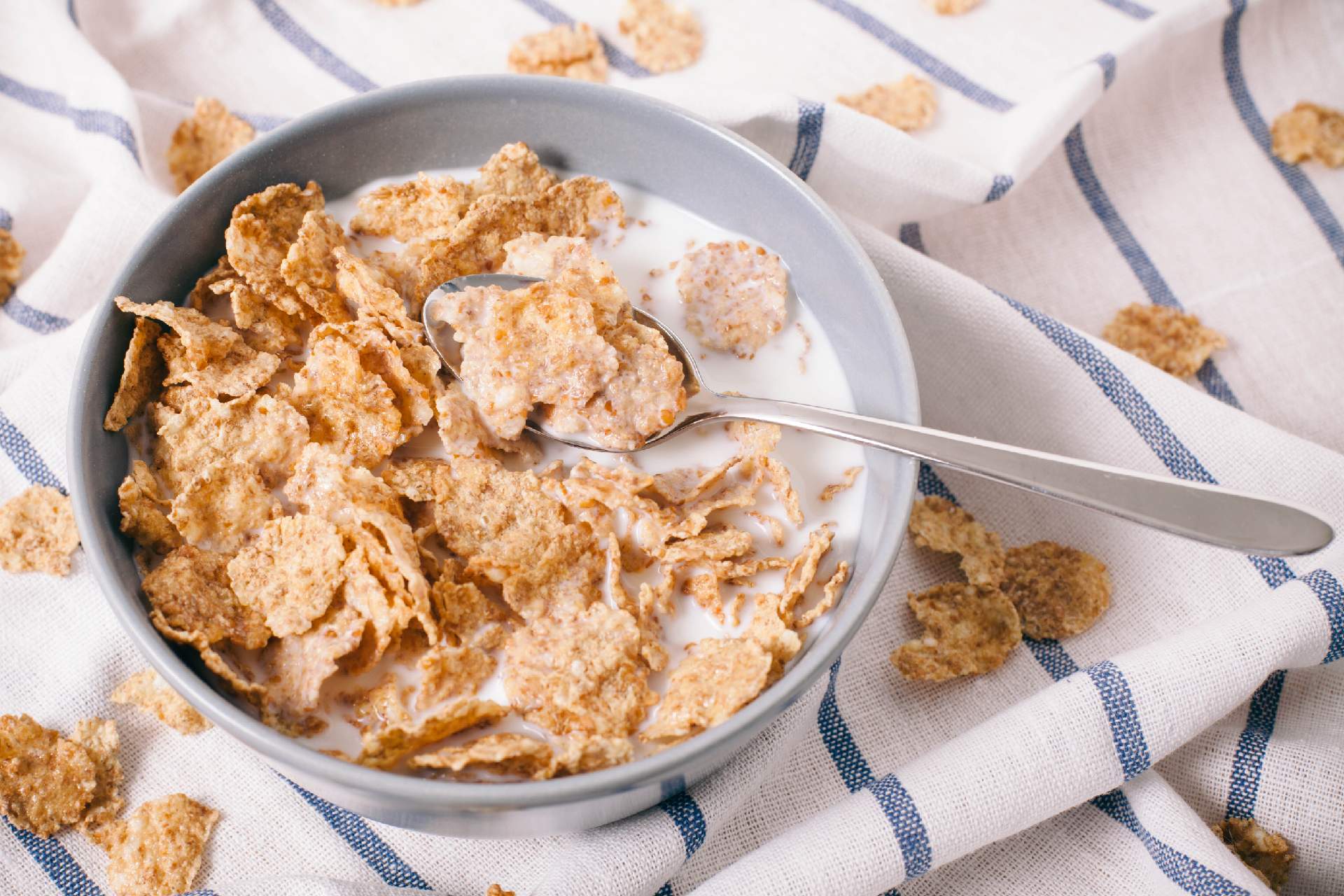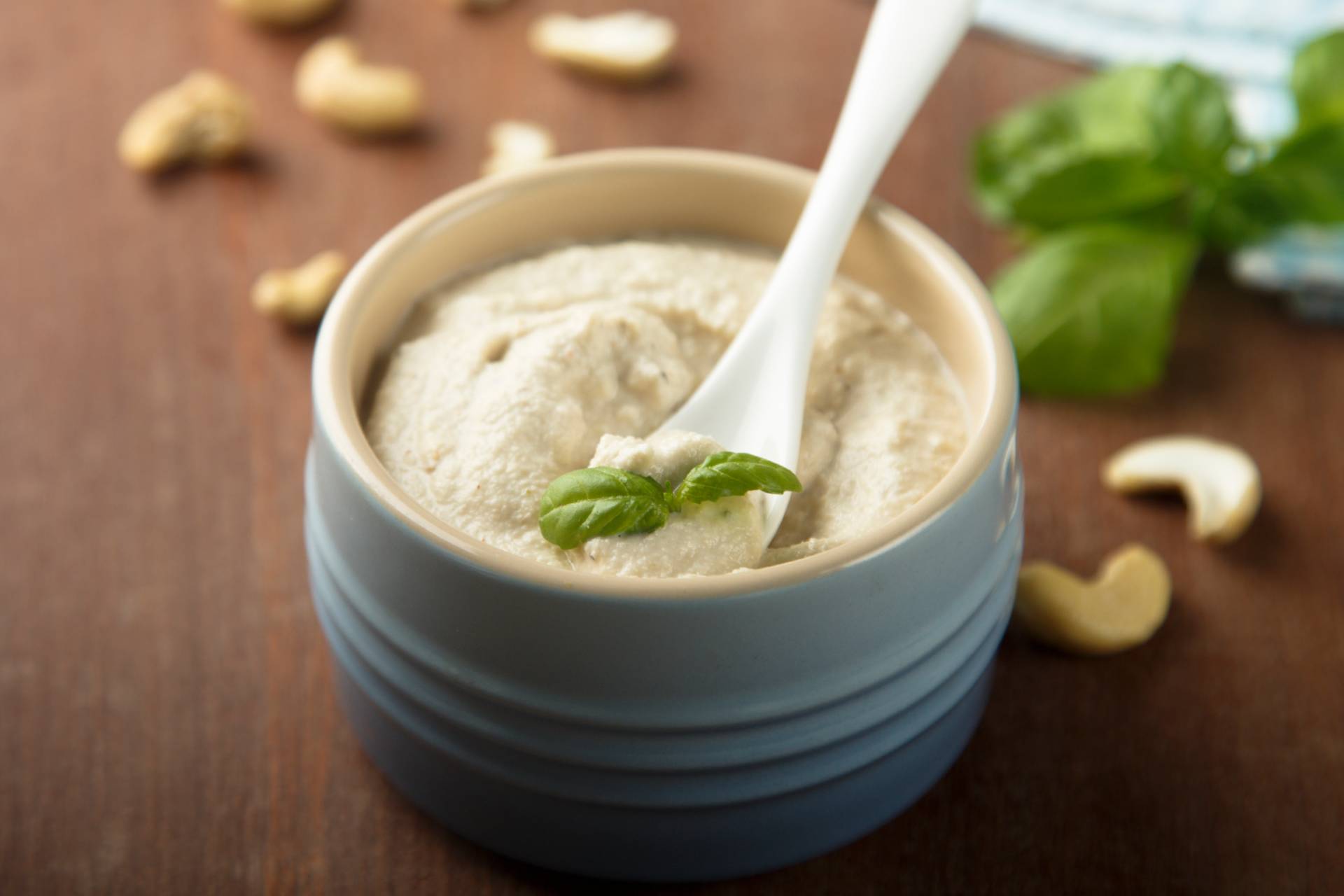Over the past few years, more and more people have begun to realise the benefits of a plant-based diet, whether that means going full vegan, starting the year right with Veganuary, or just trying to cut down on saturated fats. Meat and dairy replacement products that were once only available from specialist health stores are now easily accessible from your local grocery store, while what used to be the dairy section now offers a bewildering array of different milks, many of which have never seen the inside of an animal.
For a dairy-free breakfast, you can pour cashew milk over your cornflakes, use it to make porridge or oatmeal, or simply enjoy a cold glass, straight from the fridge. It can also be used in baking both savoury and sweet items, so whether you’re baking cookies or soufflés, the mild flavour of cashew milk won’t interfere with the other flavours. Just remember if you are baking, you’ll likely need to substitute other dairy products like butter, which can be swapped for margarine, or egg, which can be replaced by baking powder and water.
As with most plant-based milk substitutes, if you want to use cashew milk in your coffee, you will need to make a few easy alterations to how you make it. Many people find that vegan milks tend to curdle when added to hot coffee, an issue that is caused partly by the heat, and partly because coffee is more acidic than plant milks. There may not be much you can do about the difference in acidity, but you can help to stop this happening by avoiding any sudden changes in the temperature of your milk. Try heating the milk a little - 20 seconds in the microwave should do it - or putting the milk into your cup first and slowly pouring in the coffee.
As well as putting dairy-based favourites back on the menu, adding cashew milk to your diet could have several health benefits. It is lower in calories than regular milk, and doesn’t contain any unhealthy saturated fats or cholesterol, so it's a good choice if you’re watching the calories or trying to look after your heart. Because it has relatively few macronutrients (i.e. fats, carbohydrates and protein), however, it provides less fuel for people with active lifestyles who need to keep their energy levels topped up.
Cashew milk is also a good source of certain vitamins and minerals, although homemade and store bought cashew milks may contain different nutrients. This is because shop-bought cashew milk is strained to remove the pulp, which also removes many of the cashew’s naturally-occurring nutrients. Shop-bought cashew milk is significantly lower in magnesium, iron, and fibre, but it is also lower in fat and calories, and tends to be fortified with the nutrients you might expect to find in cow’s milk, like calcium and vitamin D.
The extra fat in homemade cashew milk may be no bad thing, however, as any fat it does contain is made up of polyunsaturated and monounsaturated plant fats, which may help decrease risk of heart disease. Unfiltered cashew milk is also a much better source of magnesium, which could decrease the risk of diabetes and high blood pressure.
In fact, cashew milk could help manage diabetes in several ways. As well as being a good source of magnesium, it is lactose-free, meaning fewer carbohydrates and less of a blood sugar spike when you drink it. Animal studies also suggest that a substance called anacardic acid, which is present in cashew milk, can be used to lower blood sugar levels in sufferers of type 2 diabetes. These studies are in early stages, however, and we need more human studies to know for sure.
Cashew milk is great for vegans, people with lactose intolerance and those who wish to follow a heart-healthy diet. It is not for everyone, however. If you are taking blood thinning medication, you should check with your doctor before drinking cashew milk, and of course, if you have a nut allergy, you should avoid it completely.












